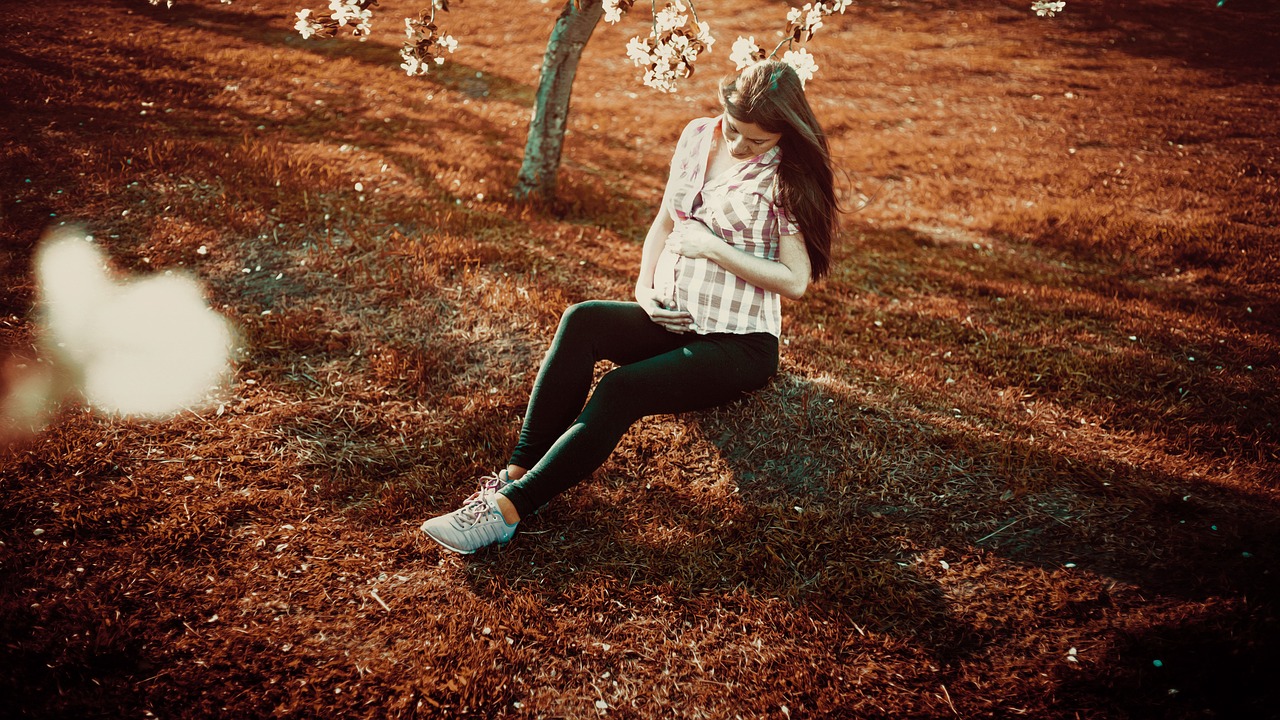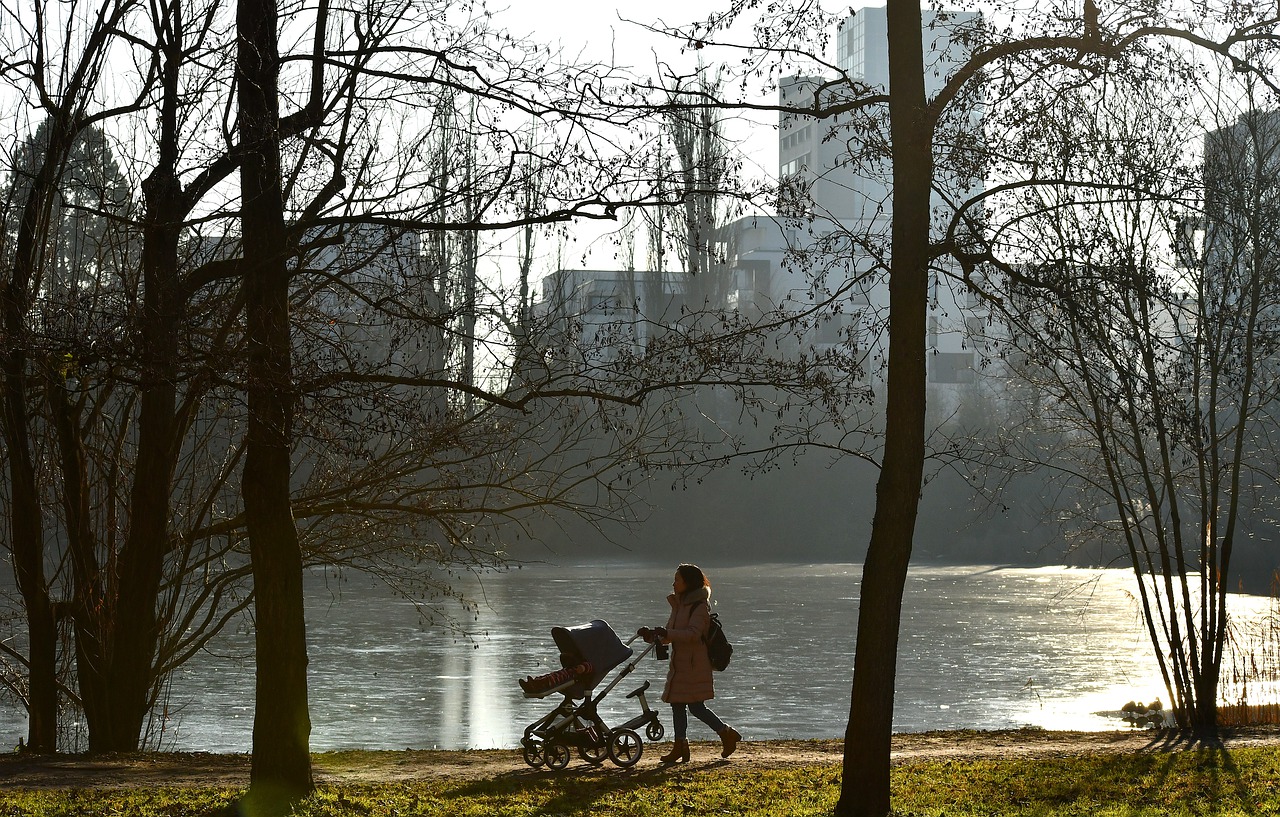When Having A Baby Messes With Your Mental Health | Dr. Hayley Dunn
Pregnancy and childbirth can have a profound impact on mothers’ mental health. In this article, Dr. Hayley Dunn discusses trauma symptoms & how to get help.
A 5-minute read
Pregnancy, Childbirth & Mental Health
Having a new baby should be a time of joy and love. For some, however, this time is marred by jarring memories of what happened to them while they were giving birth. My interest in perinatal trauma began after the birth of my own son. My experiences left me horribly anxious and haunted by memories. I struggled to process my feelings whilst also adjusting to being a mum. I felt like no one wanted to hear my story, and that I had nowhere to turn. As part of my healing I learnt as much as I could about trauma, determined to understand what had happened to me.
What Is Perinatal Trauma?
Perinatal trauma refers to lasting emotional scars caused by painful or frightening memories from pregnancy, birth or just after. For some people, feelings associated with these memories fade on their own within a few months. For others, they can linger, overshadowing playdates, ruining birthdays and damaging relationships. In these cases, professional help can help to heal this pain and stress, removing the power that memories have over you. Allowing you to move on and start creating happier memories.
Trauma is caused by experiencing acute fear or pain, or feeling like someone’s life is in danger. 1 in 3 births are described as traumatic but trauma is not limited to having a difficult birth. Many people develop trauma symptoms after experiencing extreme morning sickness known as hyperemesis gravidarum. Breastfeeding can be another source of trauma. Without adequate support, women can struggle desperately trying to feed their babies. Breastfeeding can be much harder after a traumatic birth. This can be a double whammy of pain and distress for new mums.
Pregnancy And Birth Related PTSD
For a small number (1-6%), these lingering feelings can even develop into Post Traumatic Stress Disorder (PTSD). Untreated this can have huge consequences for both mum and the rest of the family. It can be harder to bond with your baby. Your relationship with your partner may break down. Your own mental health can end up in a negative spiral.
Secondary Trauma
Anyone can be traumatised by experiencing or witnessing horrendous, life threatening events. Mothers, partners, even midwives and doctors. The fear of thinking that someone you love or who is in your care is going to die can be just as traumatic as going through it yourself. This is known as secondary trauma, and can also have lasting effects on mental health.
Vulnerable Groups
Some people are particularly vulnerable to being traumatised. Eg: Anyone who is highly sensitive or anxious, such as neurodivergent people (eg autistic or ADHD), people who experience body dysmorphia, survivors of abuse or oppression, or previous traumatic events. All of these groups can easily be re-traumatised. To these individuals, events that seem fine from the outside can be overwhelming and terrifying. They need knowledgeable, sensitive, responsive care to prevent acute lasting distress.
My Own Experience
In my case, my son’s birth was all fairly routine, nothing dramatic happened but I felt terrified, alone and out of control. This had little to do with what was really happening at the time. It was undiagnosed, untreated PTSD from my childhood that for me triggered serious mental health problems. Even after my baby was born I continued to struggle mentally and emotionally for some time after, not really understanding what was happening to me. I couldn’t sleep. I didn’t trust anyone else to look after my baby. I had constant mental images of bad things happening to him, even images of me hurting him. Things that once made me feel happy felt stressful and pointless.
Trauma Symptoms
Symptoms of trauma are different for everyone. Generally it involves anxiety, disturbed sleep and uncontrollable upsetting thoughts or memories. Fear grips you even though you know you are safe. You might lie awake at night terrified that something bad is going to happen to your baby. You could be plagued by nightmares, making you fearful of sleeping. You might avoid things that remind you of what happened. You might even struggle to look at your baby without being reminded of the horror. You might feel numb and empty, unable to connect with others.
Isolation
It can be difficult to know what to do with these feelings and thoughts. Untreated trauma can be incredibly isolating. Often, telling someone about it, gets dismissed with comments like ‘Well, at least you’ve got a healthy baby’. Comments like this left me feeling even worse. I felt misunderstood, ashamed and alone, bitter and angry. Of course I loved my baby, but my love did not magically heal those wounds.
Help Is Available
Its so important not to suffer in silence. It is totally possible to recover from birth and other perinatal traumas. Even PTSD can be treated. Get your GP to refer you for trauma-focused therapy such as EMDR, or Rewind. Seek out a counsellor experienced in treating trauma.
I eventually saw a counsellor and began to heal. My healing journey led me to becoming a doula so that I could prevent others from going through birth and perinatal trauma. I later trained as a counsellor so I could have more tools for easing the symptoms of trauma.
What Is A Doula?
A doula is a professional birth companion. You can hire them when you are pregnant and they will accompany you through your pregnancy and the whole of labour and birth. They provide evidence based information, birth education as well as emotional support. They are not a replacement for your midwife or partner. Instead they work along side your birth team, providing continuous emotional support and knowledgeable, practical guidance and encouragement. They can also be hired to help out in the postnatal period, giving hands on practical support in your home whilst you adjust to being a parent.
Trauma Is Avoidable
Its important to remember that trauma is avoidable and birth doesn’t have to be traumatic. The most effective way to prevent lasting trauma is person-centred care. If you are pregnant, make your maternity team aware of your history, or hire a doula to ensure you get sensitive, individualised support. With responsive, reassuring care even if your pregnancy and birth don’t go according to plan, you can adapt and feel in control which cis the best way to prevent lasting traumatisation.
Dr. Hayley Dunn trained and qualified as a geneticist, before becoming a mother and dedicating herself to exploring the reasons why pregnancy and childbirth can sometimes have unexpected consequences on mental health. Since then, Dr. Dunn has specialised in perinatal, birth related and postnatal trauma, helping others to navigate the huge changes and challenges that motherhood brings as a counsellor & doula. You can check out Hayley’s website here or follow her on Facebook here.
If you’d like some help and support for any reason, there is a free counselling & listening service available Sun-Thu each week at the Monastery. For more information and to book an appointment, click here.



